Athletes in Transition Project: Ariane Lavigne (Part Two)
This is the continuation and ending of the first interview in the series Athletes in Transition Project (ATP); the first part is available online at: tremblantexpress.com
John Maunders: What did you appreciate most in your life as a World Cup athlete?
Ariane Lavigne: Being outdoors, in the most beautiful places in the world! The ski culture and the food, particularly in Europe. I miss that.
As for the competition, the medals are important…but in the end, for me, it’s the feeling of having really dominated the course that’s most important.
In the beginning I wanted to prove that with a lot of practice and a good team around them, a person is able to achieve excellence. Later, when the World Cup and the Olympic Games were within my grasp, winning became a need. Not due to insecurity; due to desire.
I liked the process. For me, it wasn’t because I was the strongest or the most talented, but because I knew that failure is part of the game. I was less thrown when the results weren’t perfect. I was used to trying hard and working hard.
J.M.: And what did you like least?
A.L.: Our teammates are also our competitors. We don’t choose them…it’s not like they were friends. You can be very close, but tolerance is compulsory.
Towards the end, I was tired of always living out of a suitcase. I wasn’t really rooted in Mont- Tremblant any more. I missed having time with the people I love.
J.M.: Talk to me a bit about how you used your time. It’s understandable that there was a lot of travel on the World Cup circuit…
A.L.: As soon as I got back to Québec, my schedule was totally filled: training in the morning, and then I worked as a nutritionist in the afternoon and evening. By Friday I was worn out!
Leaving for a camp or a competition was almost a vacation.
J.M.: And the people around you?
A.L.: My career was not typical. I’d already done my training in nutrition before getting into World Cup. I had to combine the two worlds – nutritionist and snowboarder – and I used Skype a lot.
Most of the other competitors on the national team, and on the World Cup, were younger and didn’t have other commitments.
In my case, I always thought, “and if ever I don’t make it….” My professional career as a nutritionist was Plan A, snowboarder, Plan B. I didn’t want to have all my eggs in one basket. I wanted to stay balanced.
In fact, I really liked being integrated into the IST (Integrated Support Team). I liked it as an athlete, and I like it now as a nutritionist.
There’s no doubt that it helped me make the transition after my retirement from competition…and in my current profession, to understand the reality of athletes who have to travel and eat healthy.
J.M.: It’s still exceptional to see the way you seem to have adapted easily after retirement.
A.L.: Even when I was with the national team in 2009 and 2015, I never had a completely one-track mind. It’s true that after missing the Vancouver Olympics in 2010 I was angry and for the next four years, I gave it my all. I told myself that there is NO WAY that I am not going to Sotchi. It was such a strong desire that it seemed like a need. A chosen priority.
J.M.: What was important before retirement… and after?
A.L.: Before, the essential thing was surpassing myself, the quest to master the sport, even to dominate it. Now, instead of being mainly focused on my performance on the snow, I’m more into sharing, to giving my support to my clients/athletes. Their objectives and their determination to maximize their own potential inspire me. It’s a pleasure to make the connection between sports – particularly athletes – and nutrition.
And I want to do everything right by my daughter Béatrice. She’s four years old. I sometimes don’t have the time to do everything right. I dream of having a house, and an environment for doing sports, and of spending time with my guy and my daughter.
J.M.: Do people see you differently now?
A.L.: There hasn’t been a radical change. They’ve seen me adapt.
You could say that I’m more flexible than before. The people on the street don’t just see Ariane the Olympian, they see Ariane the nutritionist, the mother, and…the Olympian. My profession has quietly gained the upper hand.
More from this author by clicking on his photo below.
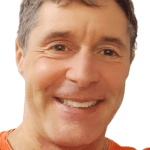
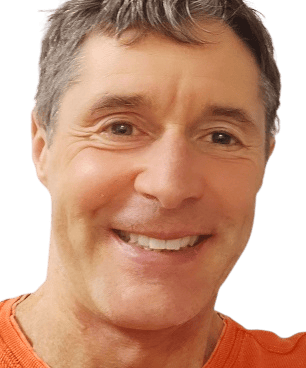
John Maunders14 Posts
Le Dr. John Maunders a exercé 25 années en médecine familiale, dont 20 en urgence et soins intensifs. Il porte un intérêt naturel pour l’activité physique de toutes sortes en tant que participant, entraîneur et médecin. Dr. John Maunders has spent 25 years in family medicine including 20 years in emergency and intensive care. Natural interest in physical activity of all sorts and seasons, as participant, coach, or physician.

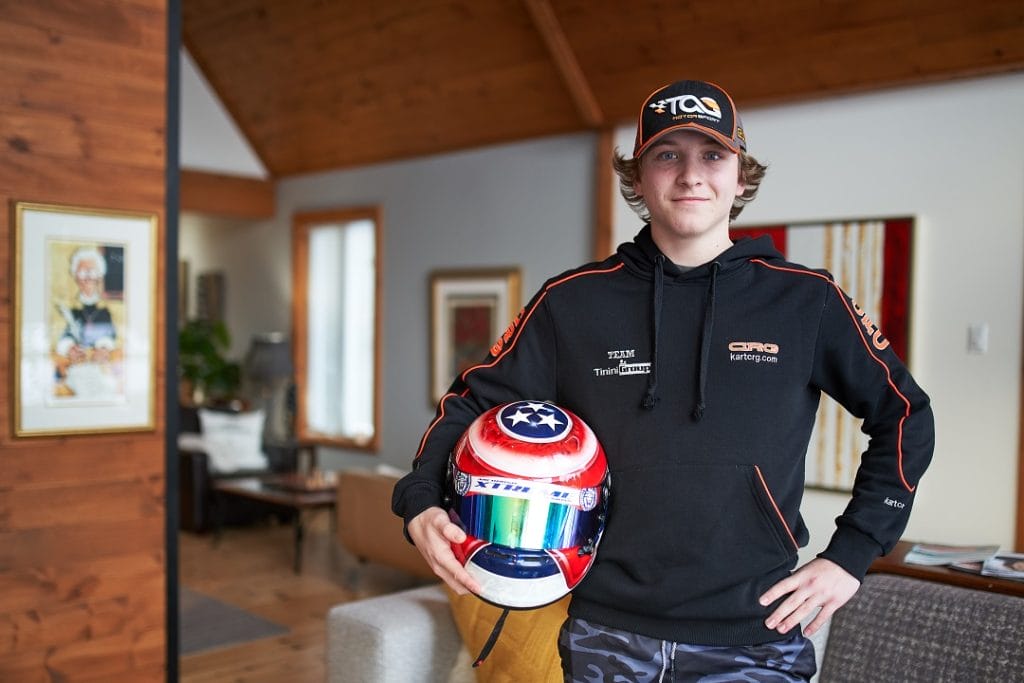
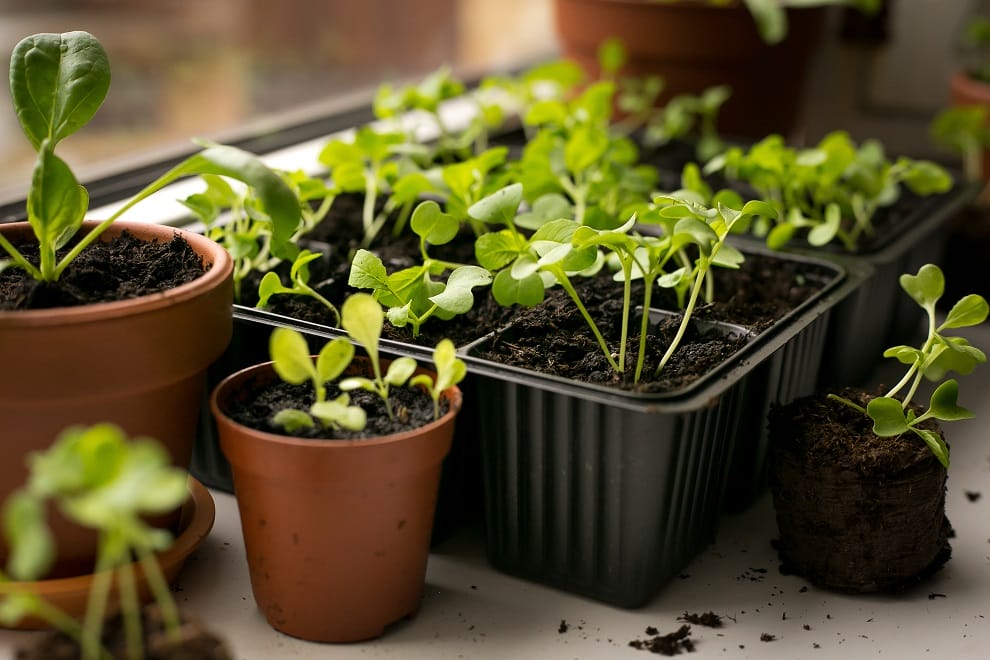
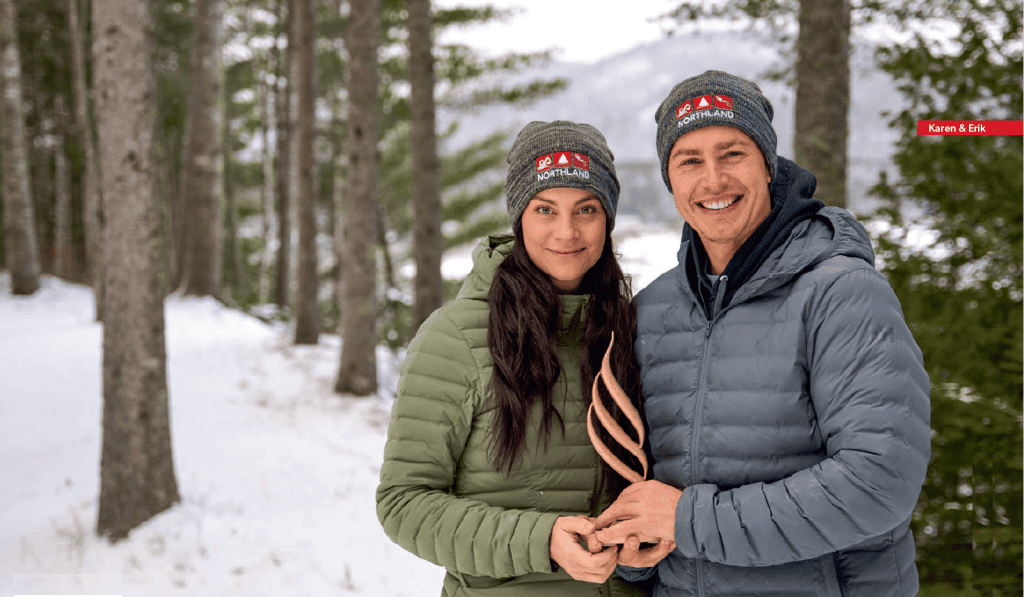
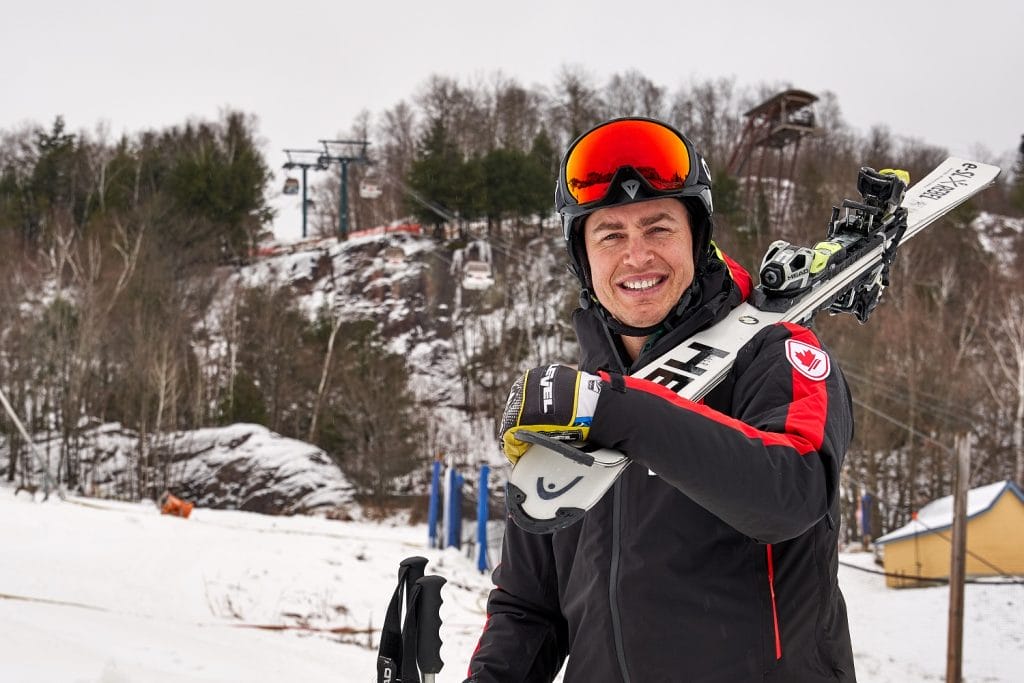
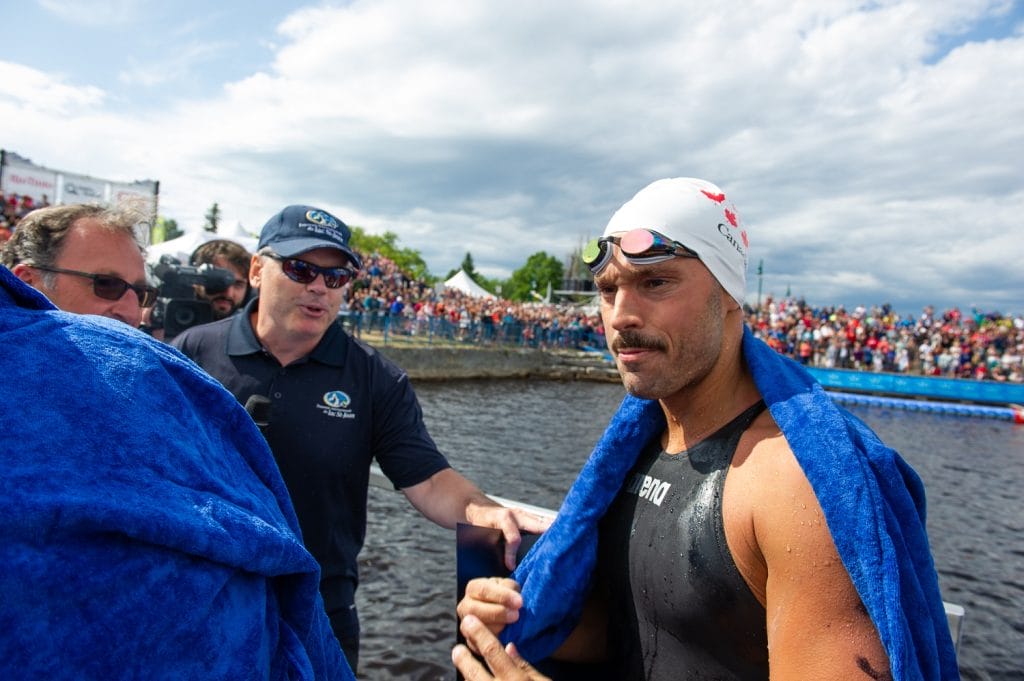
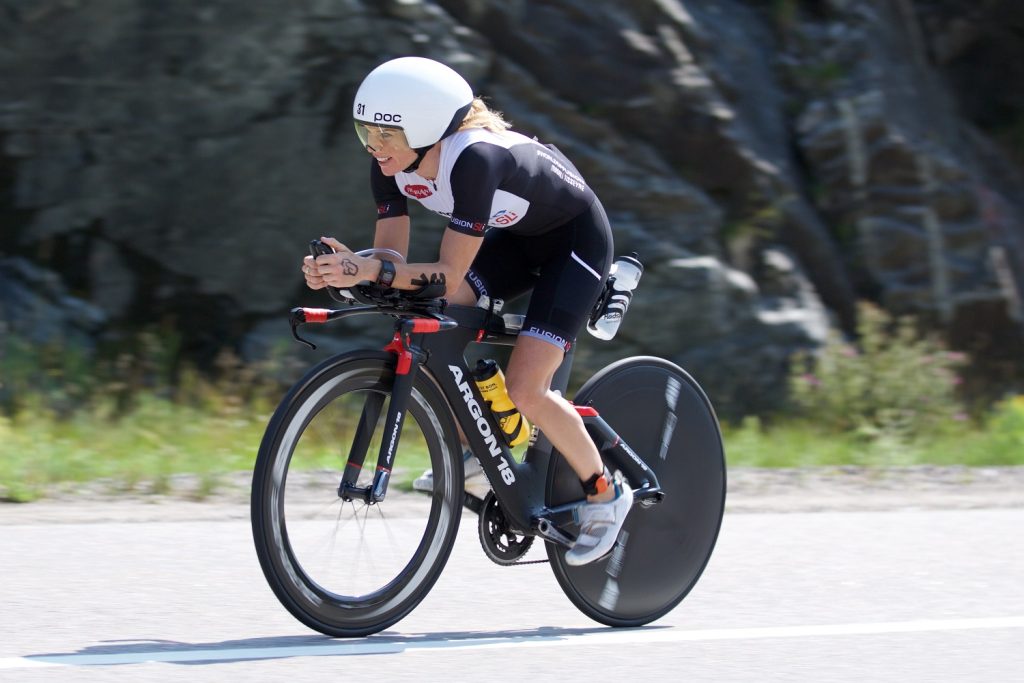
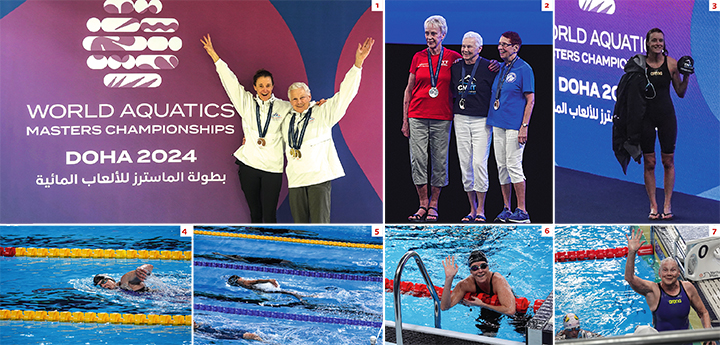
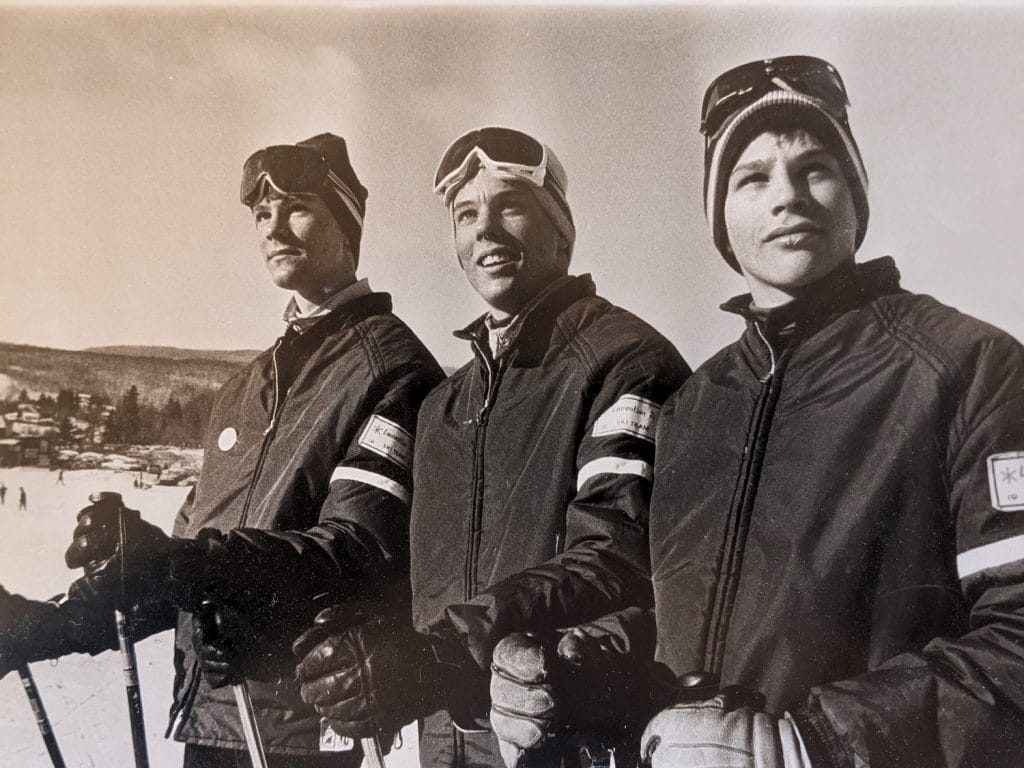
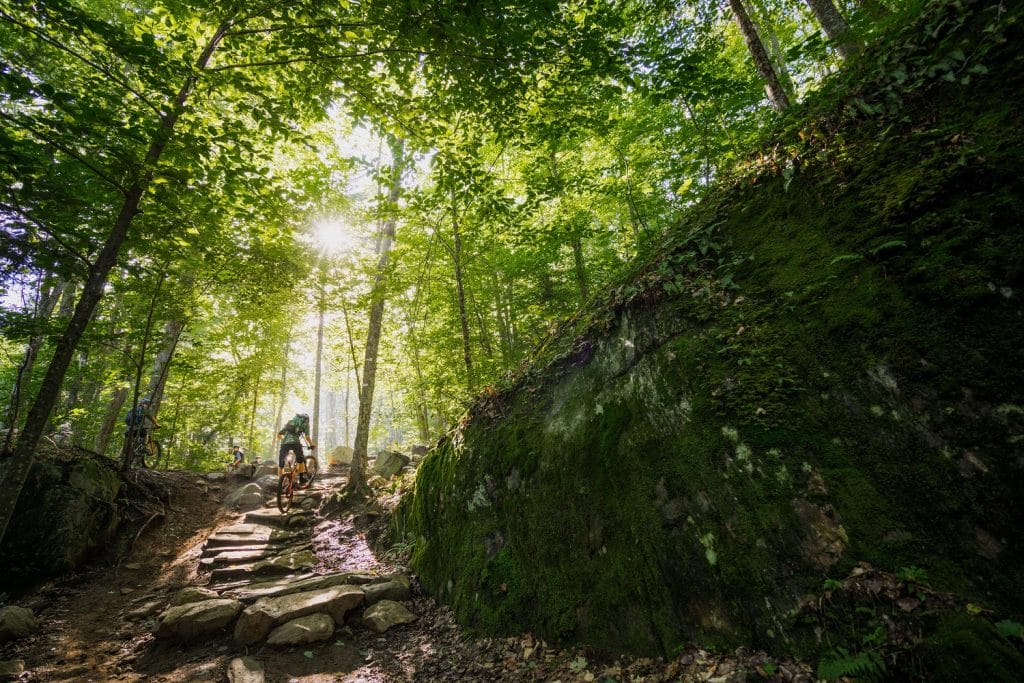
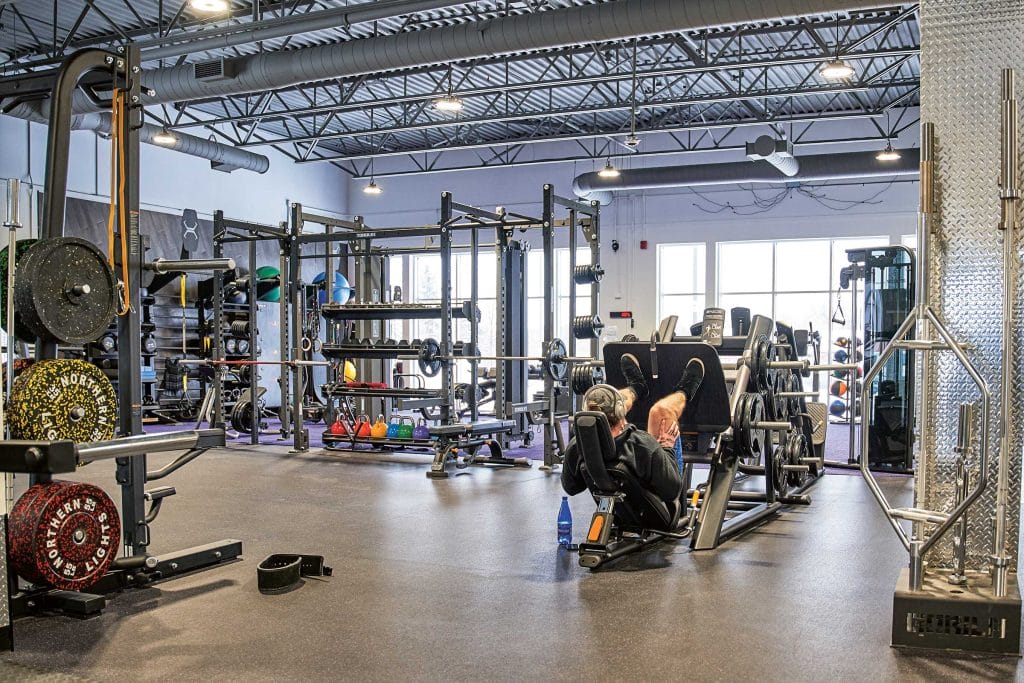
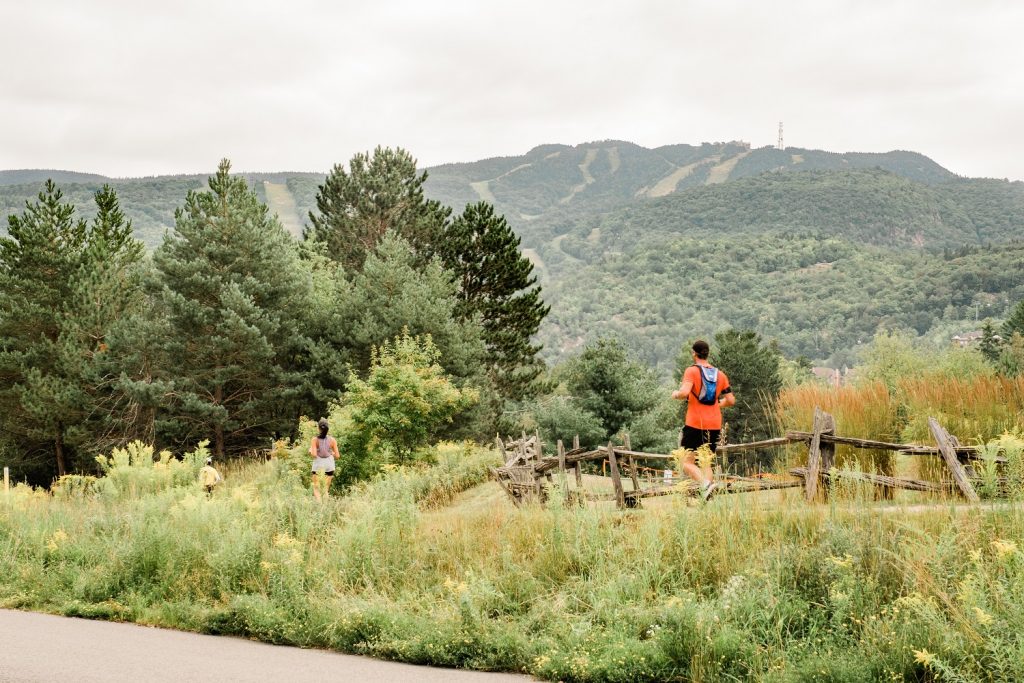
0 Comments